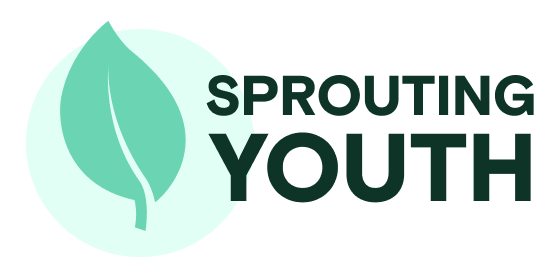Syria is a country in the Middle East that borders the Mediterranean Sea. Some of its neighboring countries are Iraq, Jordan, Turkey, and Israel. Syrian society is very cultural and traditional, emphasizing family, education, and religion. The largest religious group in Syria is the Muslims. The geography of Syria is an arid, desert plateau with some mountain belts. The primary ethnic groups of Syria are the Arabs, Kurds, Syrian Turkmen, and Assyrians with the Arabs constituting nearly 90 percent of the total population.
For the past decade, Syria has been in a civil war. The civil war started after pro-democracy demonstrations were held in Deraa, inspired by uprisings in neighboring countries. The government responded by using force to quell the dissent, police were allowed to detain any suspect for 8 days without a warrant. Currently, Syria is facing its worst economic crisis, leading to record levels of food shortage and rapidly increasing prices of basic goods. Additionally, water shortages are creating drought-like conditions, threatening the health, water, and other systems, affecting millions of people. Fortunately, violence has diminished since the peak of the conflict, however, there is a risk of military offensives targeting areas outside of government jurisdiction.
The crisis is driven by a variety of factors, some of which include the Covid-19 pandemic and inflation, creating an economic collapse in Lebanon. The average price of food items skyrocketed by 230 percent while the Syrian pound lost 82 percent of its value against the dollar. 60 percent of the population face food insecurity and Syrians have been forced to resort to child labor and child marriage. Much of civilian infrastructure has been damaged, 50 percent of medical and sewage facilities are dysfunctional. The lack of clean water brings an increased spread of disease and will destroy farmland.
When I first learned of this humanitarian crisis, I was shocked to learn that it had begun in 2011, spanning for more than a decade. I was under the impression that this had only begun recently in the past few years, beginning with the rise of Covid-19. I often felt surprised because my original thoughts did not come close to how tragic the situation is in Syria, I never would have envisioned that 60 percent of the population don’t have access to food. It’s not only Syria being affected by a crisis like this, but also the millions who live in third world countries scraping off of self-sustained food or minimal government handouts. To my dismay, the majority of people aren’t doing anything to help and are remaining indifferent, “Indifference is not a response. Indifference is not a beginning; it is an end. And, therefore, indifference is always the friend of the enemy, for it benefits the aggressor — never his victim, whose pain is magnified when he or she feels forgotten”(Wiesel). The best way I found to help these people out is by donating funds to the IRC. The IRC helps promote economic recovery, supports childhood development, provides counseling and protection, health facilities, and much more. The IRC is funded by the Department for International Protection, Irish Aid, European Civil Protection and Humanitarian Aid Operation, etc. They are a trusted charity and are sustainable to the people they help.

